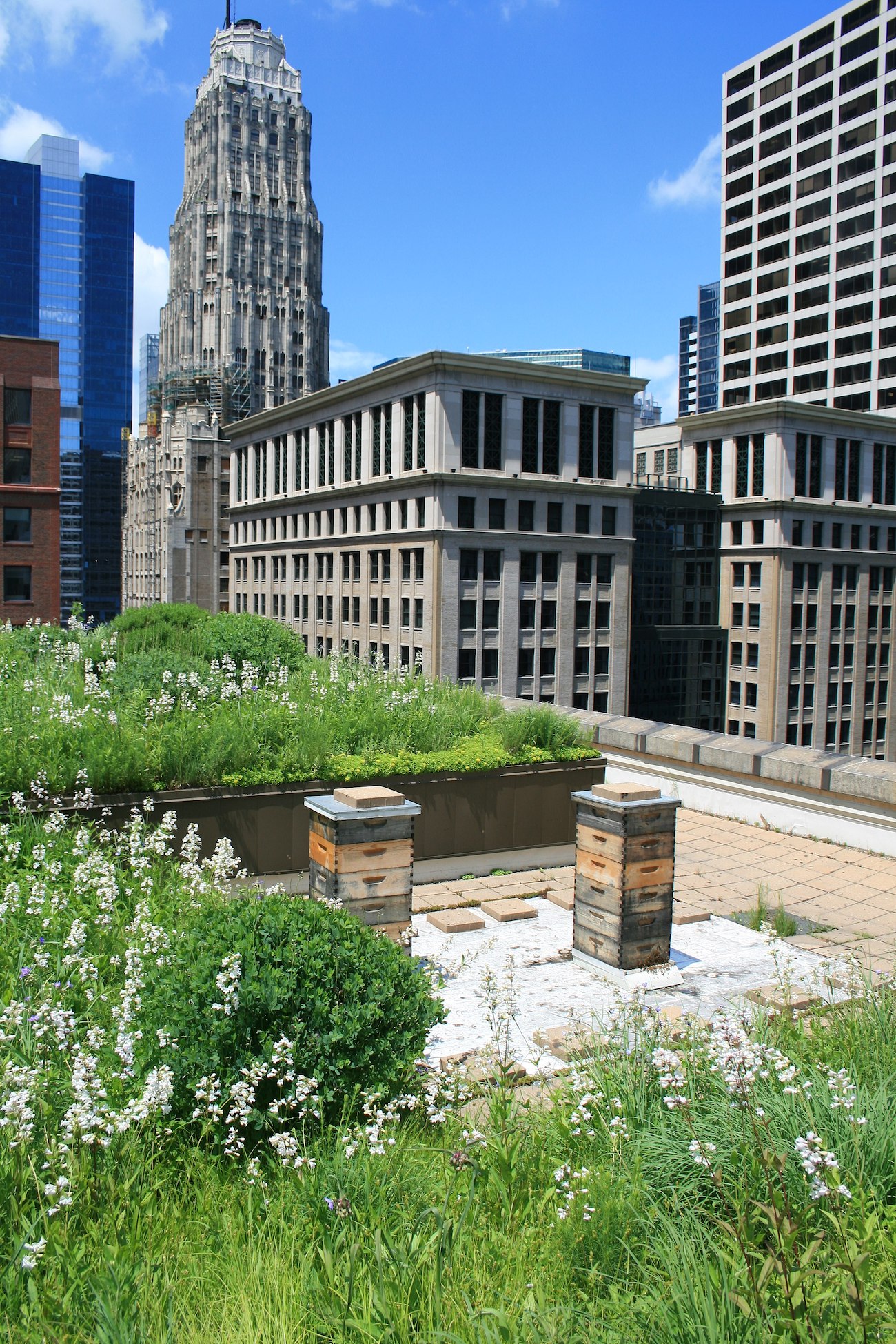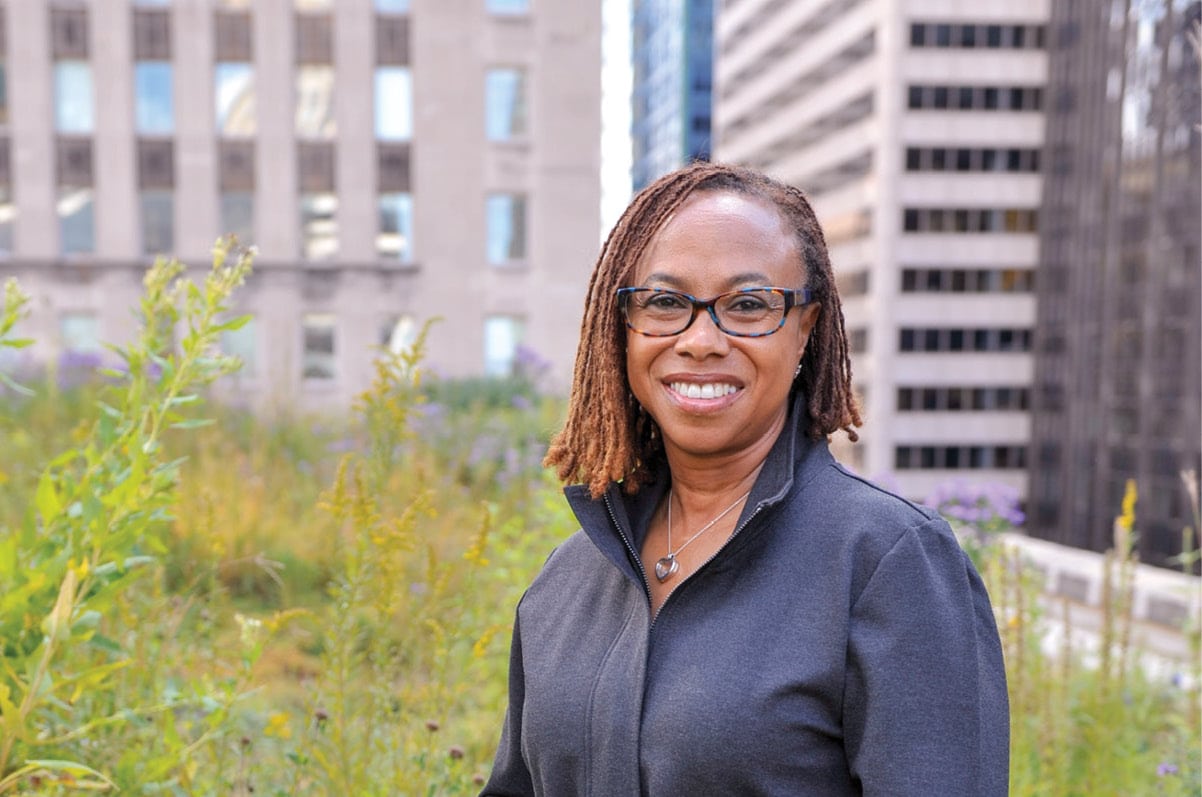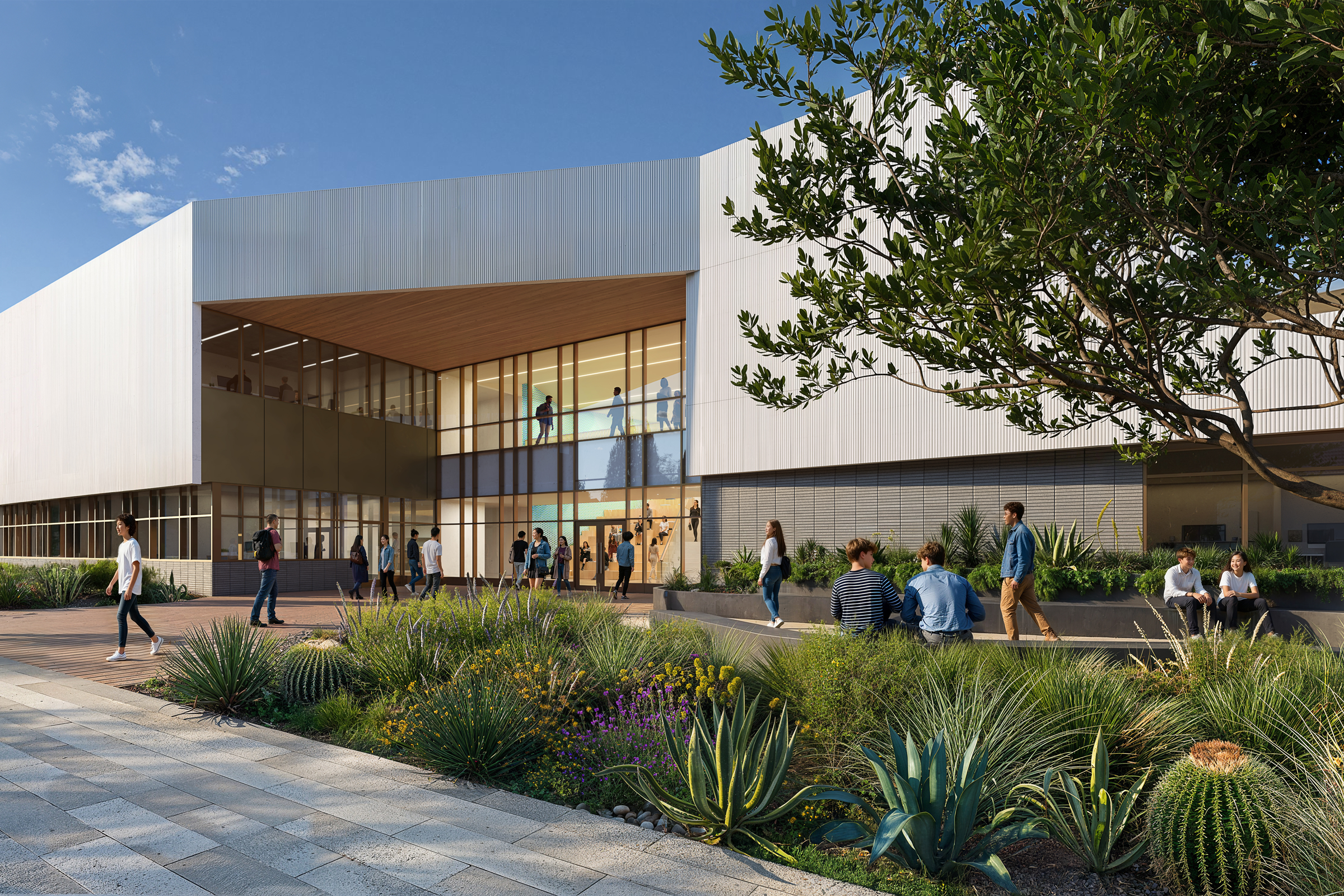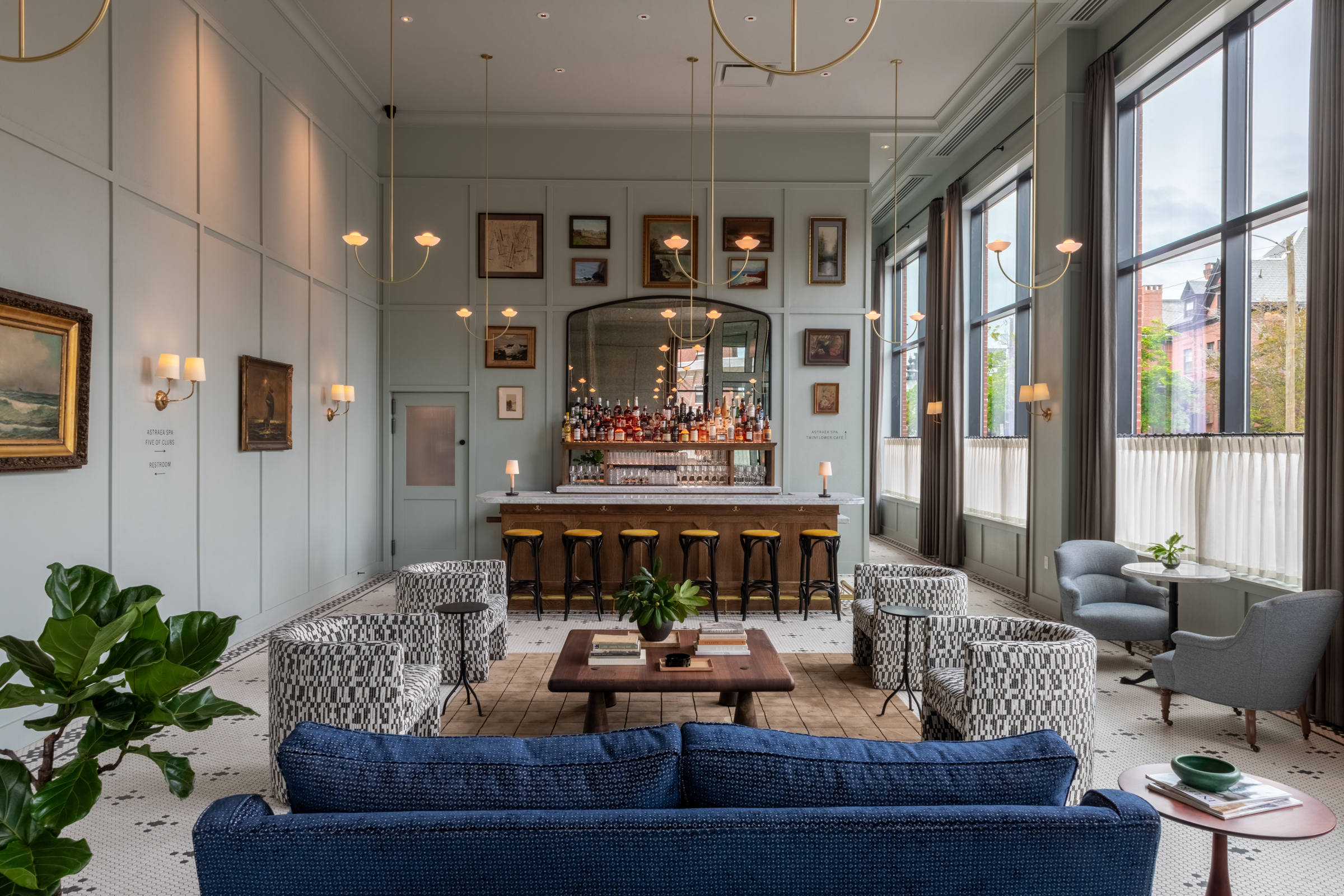Story at a glance:
-
- Chicago was named a LEED Platinum city by USGBC, the seventh city in the world to achieve the designation.
- The city implemented its own energy rating system, which became the first program like it in the US.
- The City of Chicago’s sustainability team is working to have 100% renewable energy buildings by 2025.
In June 2018 energy efficiency expert Sandra Henry took over as Chicago’s chief sustainability officer, bringing decades of experience in the green building industry with her. The challenges on Henry’s plate include guiding the city toward its ambitious goal of achieving 100% renewable energy in all city-owned buildings by 2025 and implementing the Chicago Energy Rating System, the first program of its kind in the country. Henry, who is the co-chair of the host committee for this year’s Greenbuild conference, got her start in the world of energy utilities, working for companies like ComEd, and was most recently the director of a performance-based building procurement program at Seventhwave, a nonprofit focused on solving the “toughest technical problems of the clean energy transition.”
As she takes the torch as the chief sustainability officer of the third largest city in the country, she’s met not just with challenges, but rewards: Shortly after taking the position the USGBC named Chicago a LEED Platinum city, only the seventh city in the world to earn the distinction. Henry recently took the time to discuss how she plans to fill those enormous shoes.
gb&d: The utility industry is such a wonky and poorly understood world, yet so deeply embedded in the work of sustainability. Tell us about your background in the sector and how you feel it’s prepared you for your current role.
Sandra Henry: I am a mechanical engineer by training, and my first job was with a Minnesota power company almost 30 years ago. During my time there I launched a direct load control program that focused on reducing the load from air conditioners from the residential customers. It was called Saver’s Switch. It achieved a 90% market share in the Twin Cities. I did the whole thing, from designing the software to training the electricians who implemented it. It was great fun and I was hooked.
I then designed and developed Energy Advantage Home, which is a complete electrical system that makes homes more energy-efficient. This became a foundational model for utilities in Michigan, Wisconsin, Minnesota, and the Dakotas. Then I got into the commercial building side and worked as a commissioning agent commissioning new buildings. At ComEd here in Chicago I helped build most of the commercial energy efficiency programs from the ground up. These have transformed the northern region of Illinois in terms of energy efficiency. We are now consistently in the top 10 on the annual ACEEE (American Council for an Energy Efficient Economy) scorecard.
My passion is new construction—inspiring and encouraging building owners and design teams to build in energy efficiency early in the planning process. It’s always easier to do that then go back and retrofit later.
gb&d: What excites you most about your new role with the City of Chicago?
Henry: I feel like it’s an opportunity to make an even bigger impact. It broadens the conversation beyond efficiency, so now I can talk about other things, too, which is exciting.
gb&d: What’s been your process coming into the new role and establishing what your agenda will be?
Henry: Well, I just started on June 1, so I will preface my answer to that with, “I am still new.” But the process is largely about listening carefully. When you walk into any new situation there are things in flight that you have to support and existing agenda items that need to get off the ground. For example, we have a goal of 100% renewable energy for all of our municipal buildings by 2025, which was announced before I joined. So a big part of my job is to figure out the pathway to reach that goal. And there are lots of smaller issues that fall under that big umbrella.
There is also a referendum coming up soon where we will ask our residents whether they think it is important that we ban straws. It will be our job to figure out what that looks like. I would love to have us consider going bigger because straws are just a drop in the bucket compared to other plastics. We are also talking about some kind of net zero code, though there’s not much I can say about that yet, other than I would like it to have a performance-based component. I think over time the agenda will crystallize. I’m still figuring it out.

Chicago City Hall features an energy efficient green roof. Photo by Conservation Design Forum
gb&d: Before coming to the city you were focused on building procurement. Is that something you expect will figure into your new role?
Henry: The city doesn’t build a lot of new buildings, but I think we could play a role in how private owners procure buildings by creating a policy that encourages them to write energy performance expectations into RFPs. That’s what I did at Seventhwave. We had funding from the Department of Energy to scale up a performance-based procurement approach that the federal government has been piloting in certain areas. The goal was to make it more available to commercial building owners, and the way you do that is to engage the owner and help them articulate clearly their energy targets when they hire a design team. It would be really cool if we could figure out what a policy like that would look like.
gb&d: How much do you think it’s important to invest in technology to reach energy efficiency goals versus old-fashioned things, so to speak, like public engagement campaigns?
Henry: I think part of my role as the city’s sustainability officer is to stay abreast of technological innovations and figure out how we can incorporate them into our policies and to encourage our citizens to take advantage of them. A great example of that is our smart lighting program. We are wrapping up our first year of installing smart LED streetlight fixtures in all of the city’s 50 wards. We now have more than 76,000 of these fixtures installed. It’s amazing to see how quickly we have evolved from incandescents to LEDs. Wherever we can identify opportunities to take advantage of technology we will continue to do so.
gb&d: Chicago has been deemed a LEED Platinum city. That must be a pretty big deal just in terms of public awareness, as it brings a certain prestige to the city.
Henry: It does. It is very exciting to be one of seven cities in the world to receive that honor. We definitely want to spread the word and let folks know. And since Greenbuild 2018 will be in Chicago, we are hoping that the mayor will be able to attend and accept the award in person.
gb&d: What are the next steps to take Chicago above and beyond the achievements that merited LEED Platinum status?
Henry: In January we are launching our own energy rating system, which will go on top of our retrofit program and our benchmarking system. It will provide a performance rating for every building more than 50,000 square feet, from one to four stars. There is no other program in the country like it. We are also going to start promoting a renewable energy challenge where we are asking our corporate partners to join us in our goal of 100% renewable energy in city-owned buildings by 2025.
gb&d: Chicago is a very diverse place. What’s your take on the intersection of sustainability, diversity, and inclusion, and how do you ensure the benefits of sustainability are shared equitably?
Henry: Those are definitely important questions, which I don’t have all the answers to. There are many factors, but the way I like to think about it is in terms of how we will know when we are successful in delivering sustainability and resilience to all of our residents. In my mind, that’s a vision where all of our residents are living in healthy, comfortable, affordable, high-quality homes; they are able to get to work and around town using low carbon options; and they can buy healthy, affordable food in their neighborhoods. I think it is important to consider how we satisfy all the needs of life for all of our citizens in a low-carbon, sustainable fashion. That’s how we will know when we have gotten there—when everybody is living that way.



